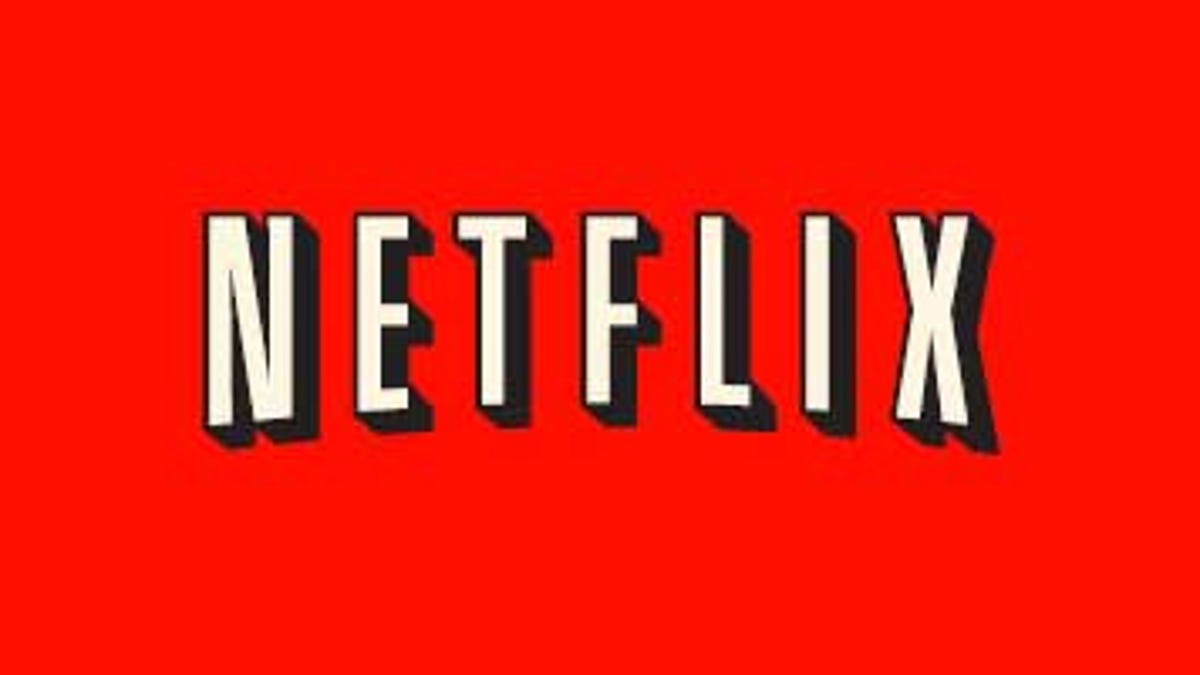Netflix now tone-deaf on public perception
Why not spell out the reasons for the price increase instead of cheering a potential $1 billion payday? Public-relations experts say there's a better way to deliver bad news to subscribers.

Reed Hastings sure can't be accused of sugarcoating anything.
Yesterday, the Netflix CEO and his company made a few more statements about a planned price increase that has many customers accusing the company of greed and threatening to quit the service.
After Netflix announced the increase on July 12, some had predicted that the blistering customer response would force managers to recognize it had erred and re-evaluate its decision. On the contrary, in the most recent statements, the company sounded full of confidence and even cheerful about the financial benefits the price increase would offer Netflix.
Siegel + Gale
Whether or not Netflix has good reason to raise prices, the company has demonstrated that it doesn't know how to deliver bad news. Two weeks ago, Netflix left it to a little-known manager to announce prices were going up in a blog post. Netflix informed customers that starting in September it would do away with a popular $10-per-month subscription plan that offered DVD rentals as well as unlimited access to the company's streaming-video library. Subscribers will have to pay for streaming and DVDs separately and each costs $7.99 per month, or $15.98 per month for both.
The message was a "a disaster," says Howard Belk, co-CEO and chief creative officer at Siegel + Gale, which advises companies on their brand strategies and customer experience. "The tone was wrong, the quantity of information was too little, and it came out of left field. The message didn't reflect any value to their customer base."
He added that the company risked creating a perception that it was arrogant. For those who thought that Netflix was a tad too cavalier then, the company may have appeared to be swaggering yesterday. In statements made by Hastings and Netflix, they revealed no misgivings and made little attempt to help customers understand why the company was raising prices. In the blog post announcing the increase, the company said it no longer made financial sense to offer streaming and DVDs for $10.
"Some subscribers will cancel Netflix or downgrade their Netflix plans," the company said in a letter to investors after it issued its second-quarter earnings report. "We expect most to stay with us because each of our $7.99 plans is an incredible value."
Just a few paragraphs below that, Netflix said that while the customer backlash could hurt the company's financial performance in the current quarter, it could also help the company generate unprecedented revenue in the fourth quarter. Netflix said during that period, it could see for the first time in company history $1 billion in quarterly revenue. So, managers say they "hate" upsetting customers, but then almost in the same breath they cheer about a potential bonanza as a result of the increase.
Related links
• Netflix 'hates' upsetting customers, but most won't cancel
• Netflix revenue up but misses analyst expectations
• Don't call Netflix's CEO 'Greed' Hastings just yet
• Is Netflix killing DVDs like Apple killed floppies? (Q&A)
Certainly, the cost of acquiring new films and TV shows for the streaming service are rising and there's still no one that offers as much as Netflix even at the higher prices. But there's a better way to help customers understand what's happening, say public-relations experts.
"Tell them your story. Storytelling works," says Lou Hoffman, president and CEO of The Hoffman Agency, a public-relations firm. "Just be honest and open with people. No one rejoices over paying more money and undoubtedly some unhappy campers would still defect. But most people get the concept that if a company's costs go up, the price of the product/services also goes up.
"Observing Netflix from afar," Hoffman continued, "I've been impressed with how the company has built its brand. I think it's fair to say that transparency represents one of those brand attributes."
Belk said that Netflix could do a better job of mitigating the damage by being more respectful.
"You're always going to have some people screaming any time you raise prices," Belk said. "But most customers get it. They understand sometimes companies have to raise prices. Netflix doesn't have to go hat in hand necessarily, but they should acknowledge that a 60 percent increase is a lot and provide more information and make sure people know that they are still the best value."

